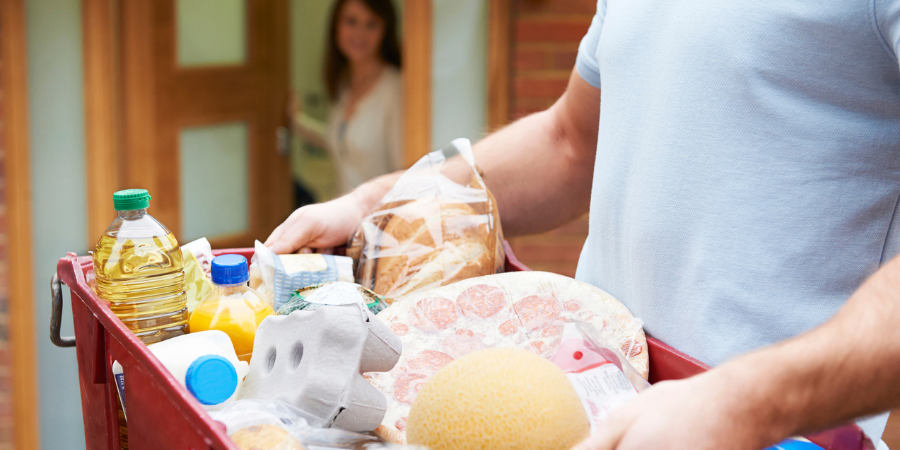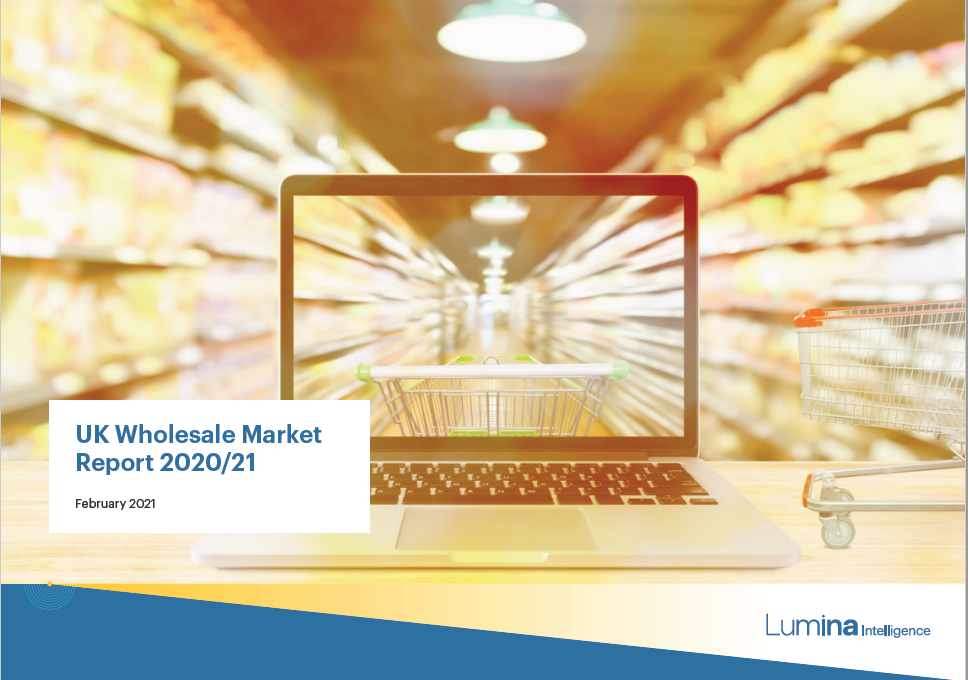
Convenience stores have demonstrated their agility over the past 12 months, adapting to changing shopper needs, implementing safety measures and adopting new technologies, whilst further imbedding their role as the centre of many communities.
In turn, shoppers have embraced the channel, with 53% of shoppers shopping locally more in the last year, and 42% planning to continue to do so in the future. As shopper interest in supporting local businesses grows, so retailers are stocking more local products, with 21% saying they’ve increased their range of locally sourced goods over the past 12 months, representing a growing opportunity for local partnerships.
In addition to supporting local suppliers, increasing stock of local products can improve perceptions around sustainability. When asked if they had invested in sustainability measures over the past 12 months, just under one third of retailers said they had added local products to the range. The second highest response (27%) was adding products in sustainable packaging to their range. Plastic free aisles/loose products and refill stations were also cited by around a fifth of retailers. Given that 77% of shoppers agree that reducing their use of single-use plastics is either important or very important to them, it makes sense for retailers to prioritise efforts around sustainability.
In addition to adding locally sourced products, around a quarter of retailers said they had increased their food to go range. On first sight, this is somewhat surprising given increased home working, but underlines the opportunity for ‘food to go home’ as well as foodservice partnerships in retailer food to go ranges.
Retailers have not only adapted their ranges to cater to changing consumer needs, but many have introduced delivery services to offer ‘on demand convenience’, with retailers including Morrisons and Coop, as well as independent stores, launching on delivery platforms. This service offers a new revenue stream for retailers, with 8% of the retailers in the survey saying that they now offer this service and on average it is contributing 7% of their retail sales.
Disruptors have also entered the market, posing a challenge to both traditional supermarket grocery delivery as well as the delivery aggregators such as Deliveroo and Uber Eats. Dija, Gorillas, and Getir are the latest to join the rapid delivery battle, all promising groceries in just 10 minutes – having all launched in London in the last month or so.
In addition to retailers offering rapid delivery services, wholesalers have also entered the delivery market, offering a direct to consumer model as a new source of revenue for these businesses and offering a solution at a time when grocery retailers could not meet the demand for delivery slots. Brakes, JJ Foodservice, and Bidfood all launched direct to consumer services. While 57% of retailers don’t see this as a having an impact on their business, those that do are more likely see this as a threat, with 19% of retailers predicting that DTC operations will have a negative impact for them.
With consumers having (re)discovered their local convenience stores over the past year, the fight is on to retain new customers, especially as other channels start to reopen. There is no doubt that the agility convenience store retailers have demonstrated through the pandemic will continue to be essential.



UK Wholesale Market Report 2020/21
The report comprehensively covers the size of the UK wholesale market and its sub-channels, as well as its competitive landscape, with profiles on the UK’s leading wholesalers.

